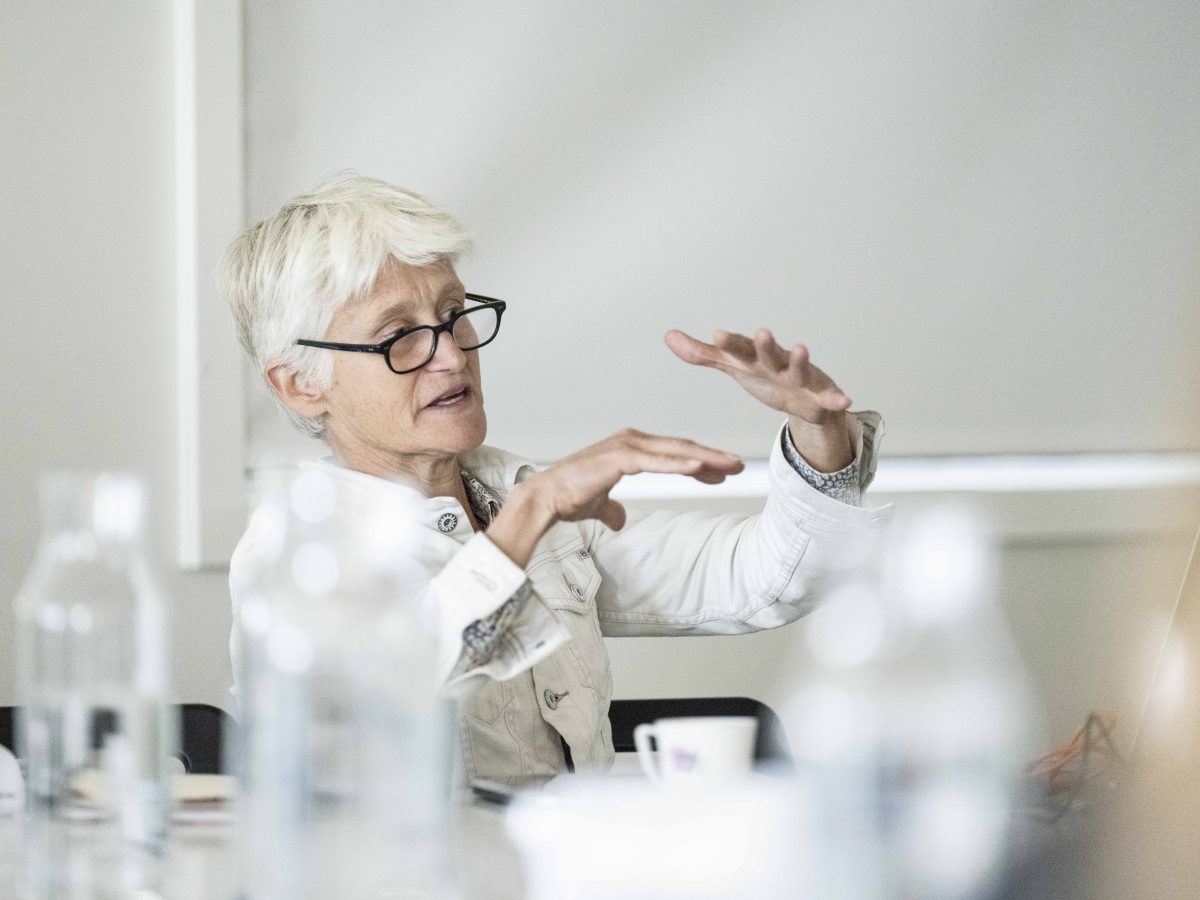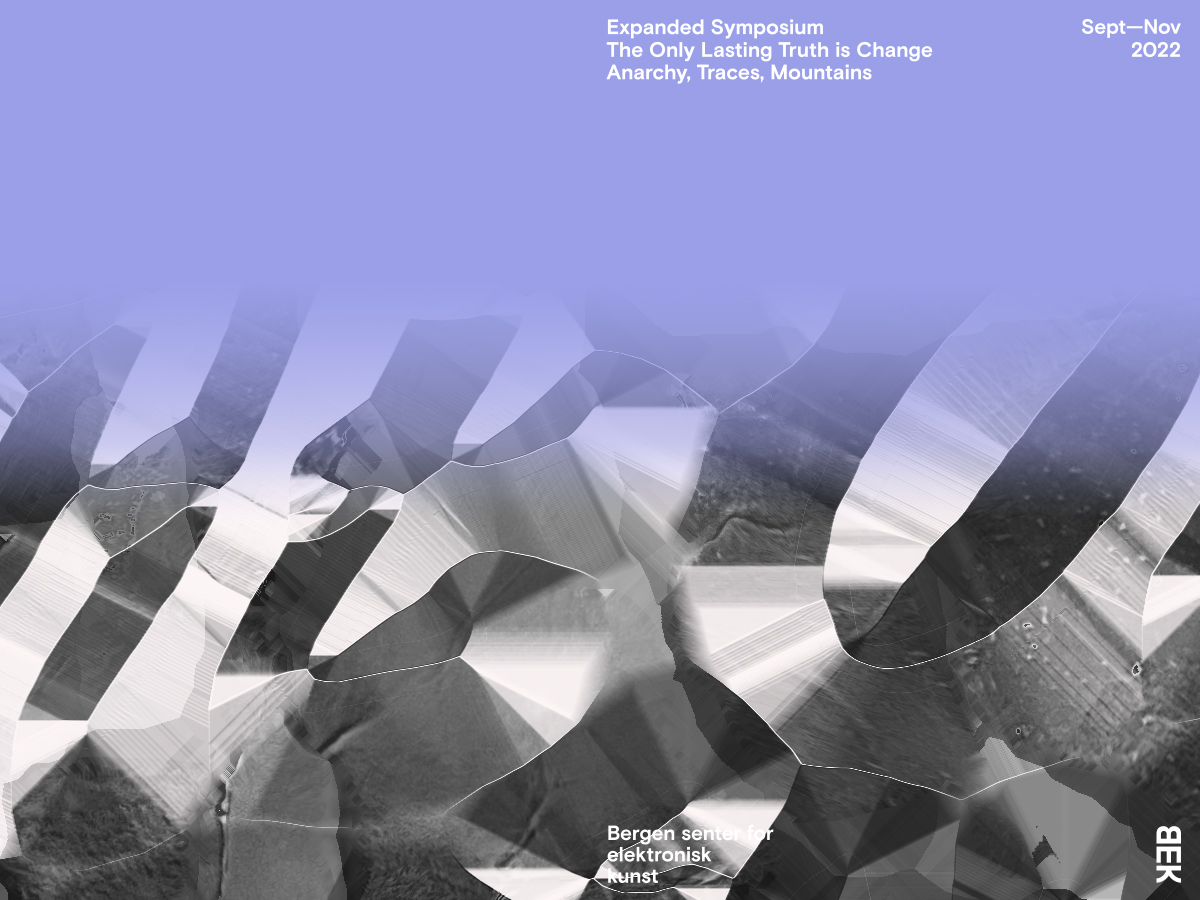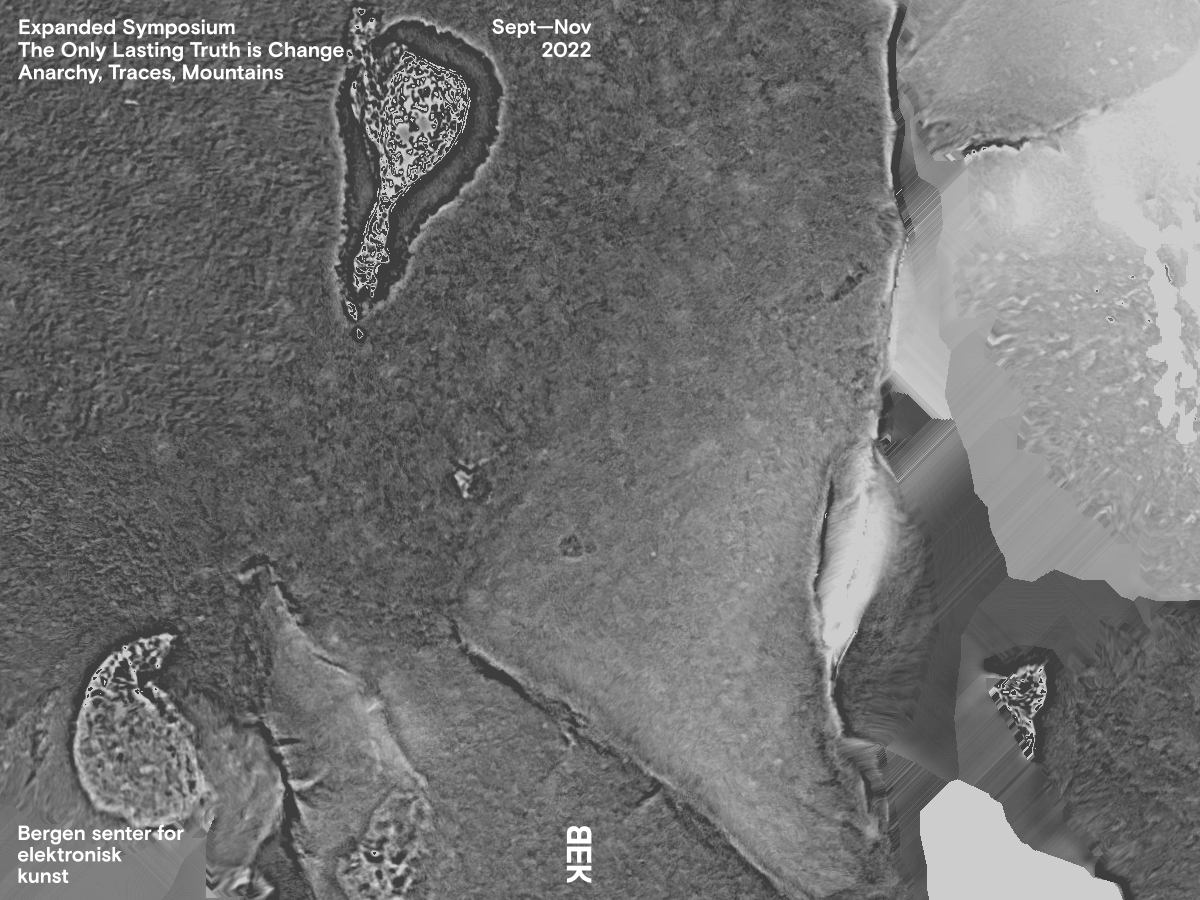Elizabeth A. Povinelli: Nonfiction, Fictodocumentary Film, and Myth: Bending Aesthetics to Critical Askesis in Settler Late Liberalism
Published
If aesthetic practices have as their origins and ends the critical transformation of settler late liberalism, how do divisions of genre play in the mending or rending of the fabric of settler ontologies and epistemologies (or settler geontopower), as film and art move through institutional contexts?
Online talk
Time: 11 November at 20:30 CET
Venue: Østre, Østre Skostredet 3
In her talk for the symposium, Elizabeth A. Povinelli will juxtapose two projects that she is currently working on: on the one hand, a film centered on a set of precolonial rock fish traps and their nonhuman ancestral relations in Emmi Karrabing lands and, on the other hand, “Alice Henry and the Collapse of the western Plateau”, a graphic novel set in the debris fields of the future. Both projects engage what western epistemologies uncritically refer to as “the mythic.” Karrabing however differentiate the ancestrally present from merely “made-up” stories such as “Alice Henry”. When viewed from this Karrabing point-of-view, western forms of creativity, while fun, are not comparable to the forms of truth held in stories about their lands. Creativity rests in the strategic ways in which these ancestrally present truths are able to maneuver around and against western epistemologies including such divisions as nonfiction, fictodocumentary film and myth.
These problematics have also been discussed at a 2-day workshop for creative practitioners which took place at BEK 29–30 September, organised as part of the symposium.
ELIZABETH A. POVINELLI
Elizabeth A. Povinelli is Franz Boas Professor of Anthropology and Gender Studies at Columbia University and a founding member of the Karrabing Film Collective. She is also a Fellow of the Australian Academy of the Humanities. Her writings, stretched across eight book and numerous essays and her work in the Karrabing Film Collective, seeks to critique late liberal accounts of Indigenous lifeworlds.
THE KARRABING FILM COLLECTIVE
The Karrabing Film Collective are an Indigenous media group, located in the northwest coast of the Northern Territory, Australia. Filmmaking provides a means of self-organization and social analysis for the Karrabing. Screenings and publications allow the Karrabing to develop a local artistic languages and forms and allow audiences to understand new forms of collective Indigenous agency. Their medium is a form of survivance – a refusal to relinquish their country and a means of investigating contemporary social conditions of inequality. The films represent their lives, create bonds with their land, and intervene in global images of Indigeneity. https://karrabing.info/
Photo credits: Photo of Elizabeth A. Povinelli by Thor Brødreskift.


